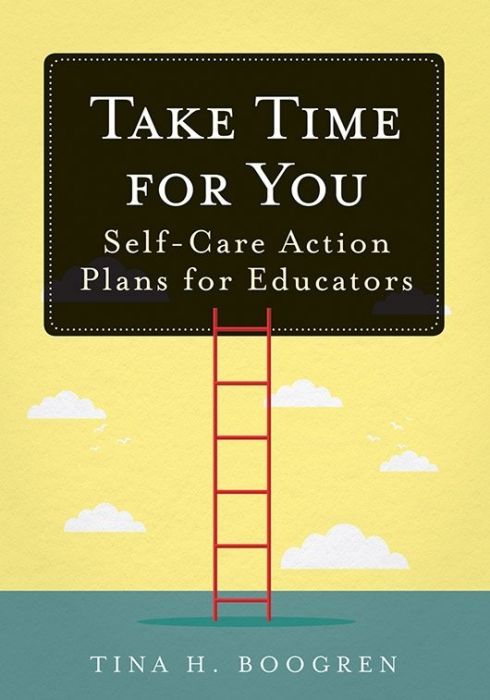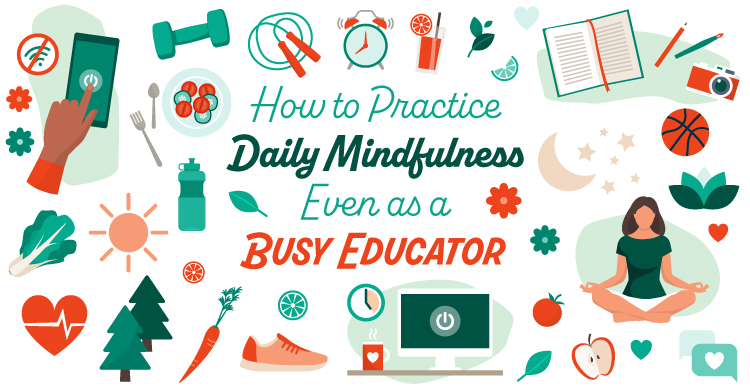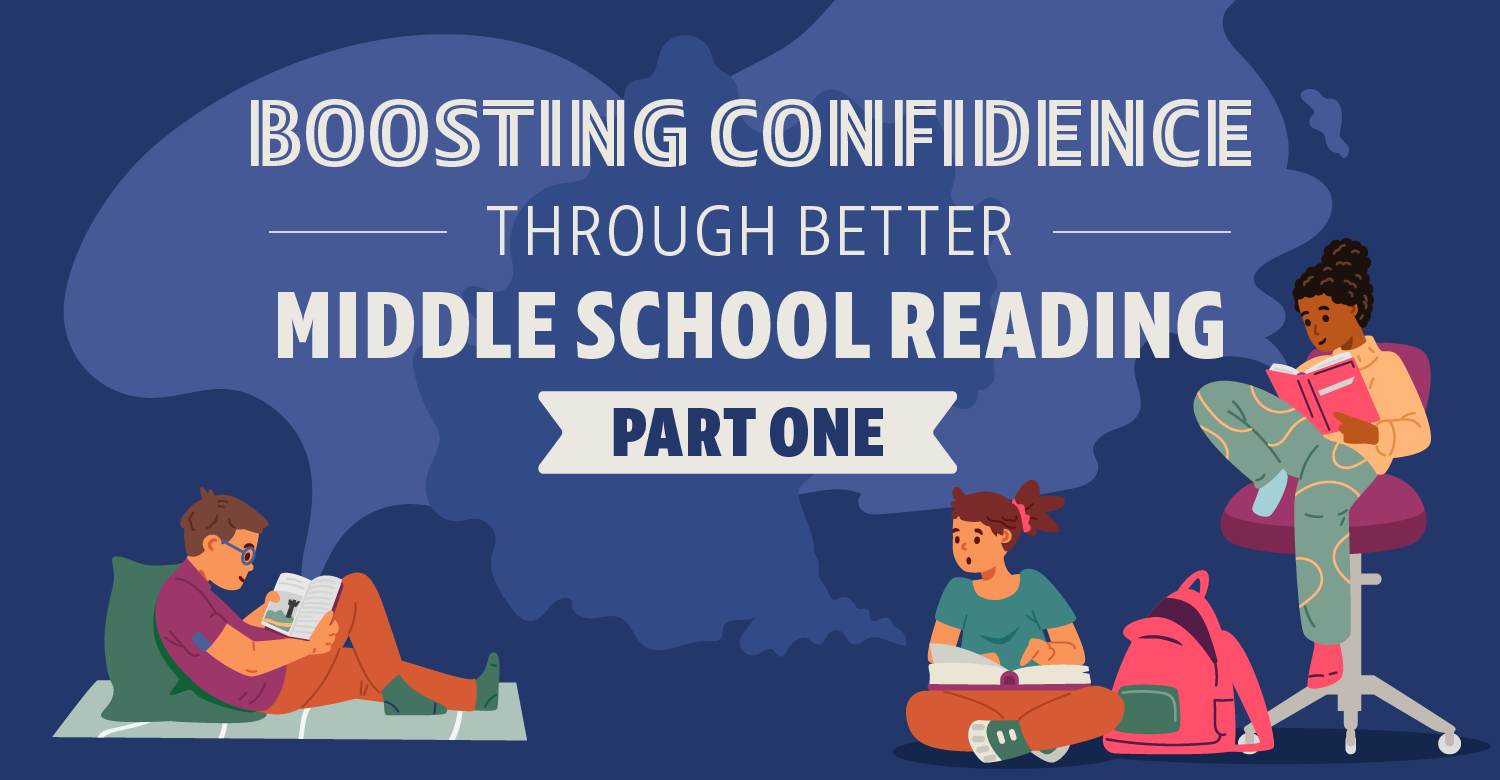As educators, our daily lives revolve around helping others—whether they’re our students, colleagues, or family members. Yet, amidst the constant flurry of responsibilities, it’s easy to neglect our well-being. The truth is, we can’t pour from an empty cup. Sustainable self-care isn’t just a buzzword; it’s a necessary practice that allows us to bring our best selves to the classroom.
“Here’s what I know for sure: self-care and the pursuit of personal well-being and happiness is an intentional practice. A daily, deliberate, mindful practice. This pursuit is a constant and continual work in progress” —Tina H. Boogren
Forget perfection and focus on progress
We’ve all heard the expression, “it’s a marathon, not a sprint,” but how can we apply this age-old wisdom to our daily lives? The idea is to embrace the journey of self-care as a gradual process, rather than rushing toward immediate results. By focusing on small, consistent actions—like taking a few minutes each day for mindfulness, fitting in a short walk, or making better food choices at a restaurant—we can make meaningful changes that accumulate over time. This approach helps us build sustainable habits that lead to a more balanced, fulfilling teacher life inside and outside of the classroom, reminding us that lasting change is about progress, not perfection.
Staying committed, one behavior-based goal at a time
The trick to staying focused on progress is to celebrate small wins along the way. To reinforce your commitment, try adopting behavior-based goals, which keep you focused on the process rather than just the outcome.Think of behavior-based goals as the type of goals you can directly control and track. For example, instead of aiming to fit into a smaller jean size, set a goal to walk 15 minutes everyday. Unlike outcome-based goals which focus on specific results like weight loss, behavior-based goals emphasize the process, helping you stay motivated and committed long-term. However, achieving well-being requires more than just setting goals—it requires intentional daily practice.
3 mindfulness practices that will keep you grounded
Self-care isn’t a luxury or a forgotten New Year’s resolution; it’s a regular practice, like brushing your teeth or lesson planning. A daily, intentional practice involves a continual work in progress that allows you to stay committed to your goals and supports teacher wellness. Here are three mindfulness practices to follow as your guide:
-
Developing a deep, keen understanding of our own needs
What activities or situations typically make me feel energized or joyful? What are the common triggers that cause stress or discomfort? Addressing your most basic physiological needs and asking yourself these types of questions are foundational to maintaining your energy levels and setting yourself up for success. Whether it’s taking a needed break when you are feeling overwhelmed or learning how to say no, building this muscle of understanding your own needs becomes easier and easier.
-
Checking in with ourselves throughout each day
How am I feeling emotionally right now? What positive or negative thoughts have been recurring today and why? Regular self-check-ins help maintain a continuous awareness of your well-being and helps prevent stress or burnout from building up. Pro tip: Try unplugging from technology during the week for 15 minutes a day and simply observe how you feel.
-
Responding to our individual needs with targeted action
What small, specific action can I take right now to address my current needs? Have I set aside time today to engage in an activity that brings me joy or relaxation? Taking targeted actions by implementing strategies or behaviors that address your needs translates awareness into practical steps that improve your well-being, such as scheduling a block of time that brings you joy (e.g., reading, going for a walk, gardening, cooking).

The one secret step you didn’t know you needed
Whether you record it in a physical journal or on a digital app, tracking your progress is a powerful practice in building sustainable self-care habits—so you definitely don’t want to skip this step! It provides accountability and helps you identify patterns, allowing you to make necessary adjustments. Simply observing your habits without judgment opens the door to making small changes with grace and leads to sustainable habits that will keep you on track.
“I want you to consider how taking care of yourself actually better equips you to take care of your own students, staff, and family. I want you to experience how it feels to be the best version of yourself and to see with your own eyes how that makes you an even better educator.” —Tina H. Boogren
If you’re ever feeling like you got off track, don’t sweat it. Simply return to the three mindfulness practices to help you stay committed to your goals. Just remember, it’s not about being perfect; it’s about enjoying the journey and celebrating each little victory along the way.
Ready to learn more about how to build sustainable habits as an educator? Learn more with Dr. Tina H. Boogren’s books and resources:
Tina H. Boogren, PhD, is a fierce advocate for educators, particularly for their well-being. She is the author of numerous best-selling books centered around her passion areas of quality instruction, coaching, mentoring, and wellness. Dr. Boogren will be a keynote speaker at Solution Tree’s upcoming Transforming School Culture Institute, September 23–25, in Riverside, California.






